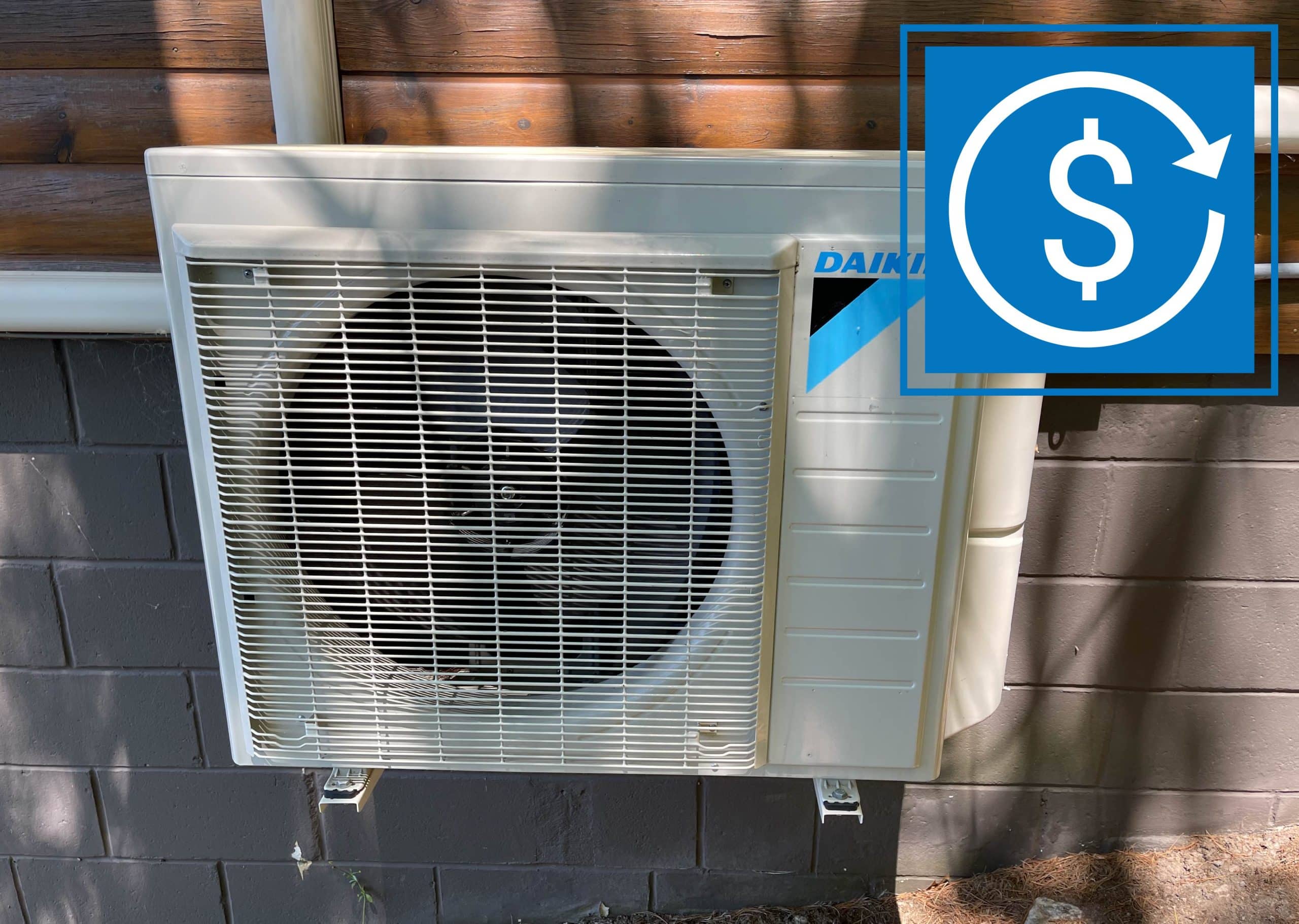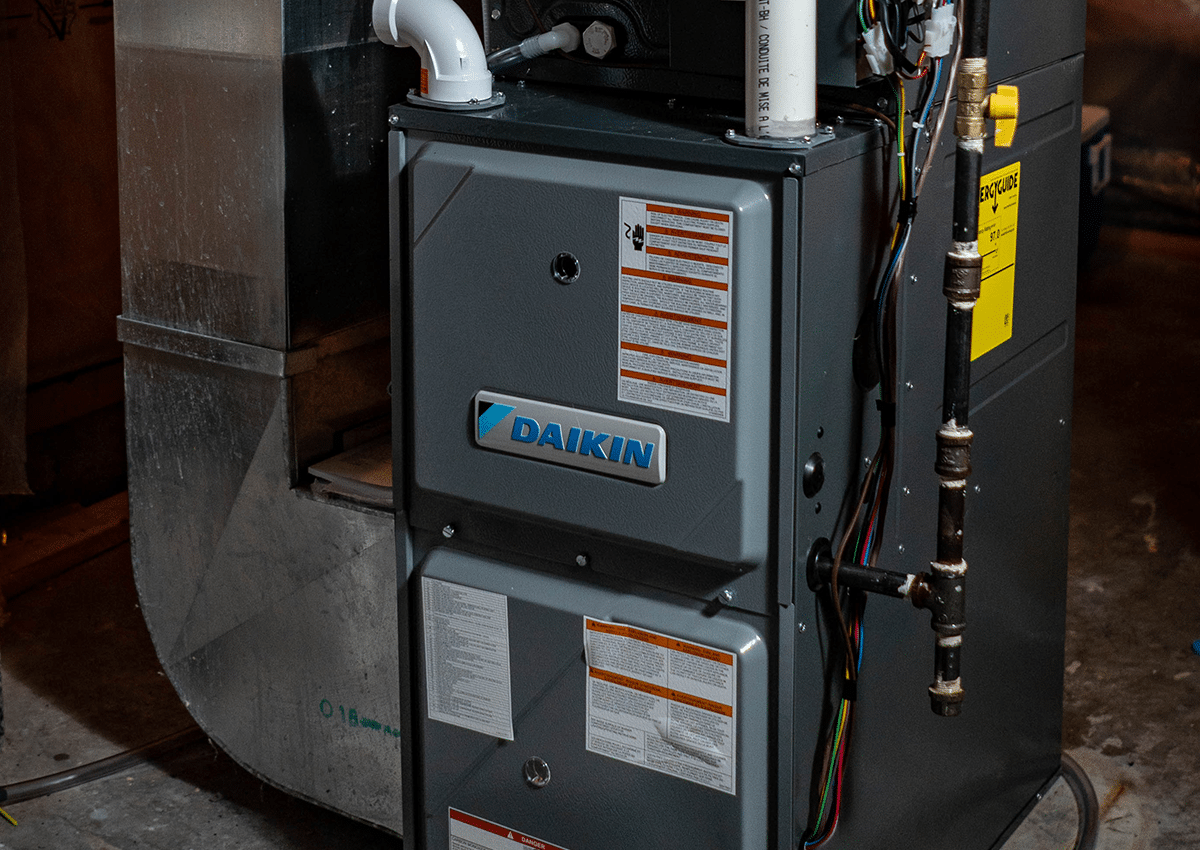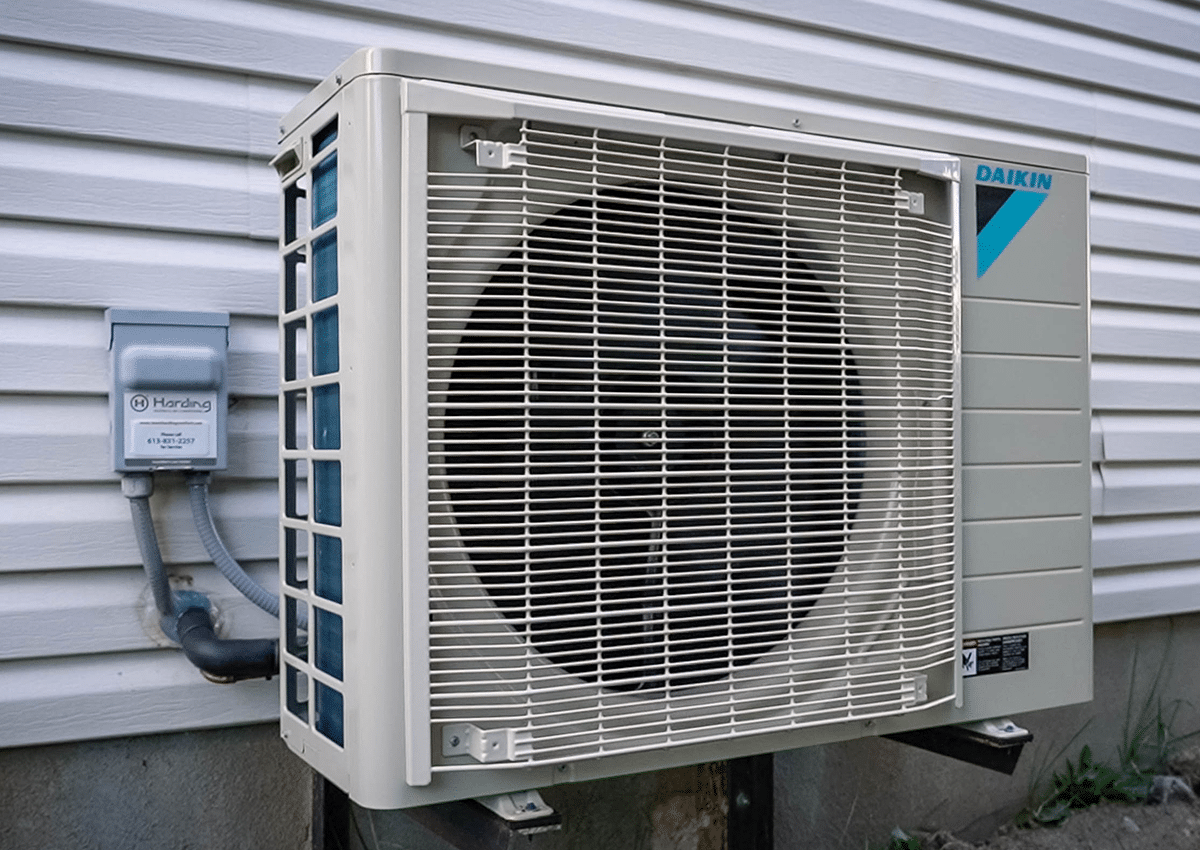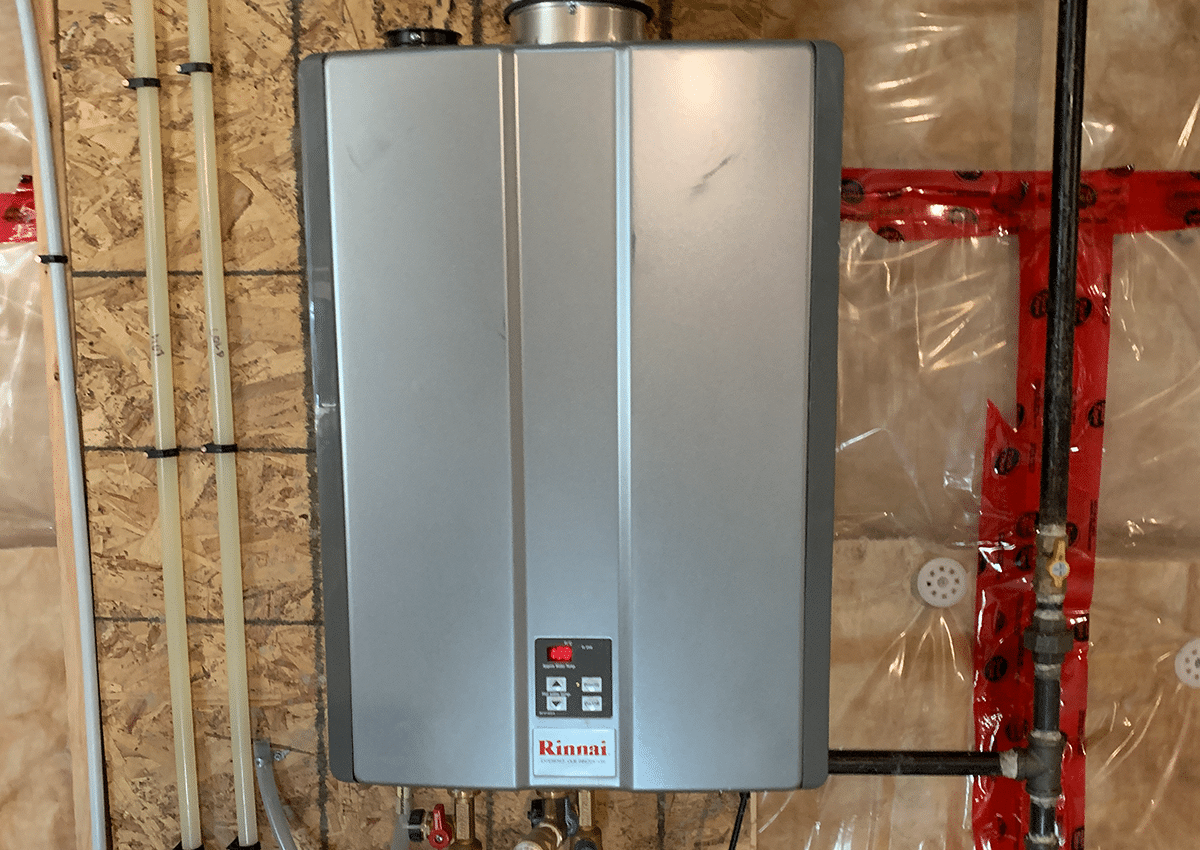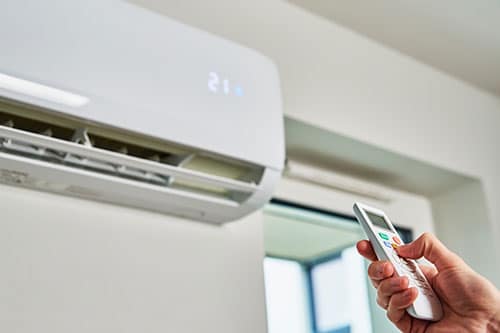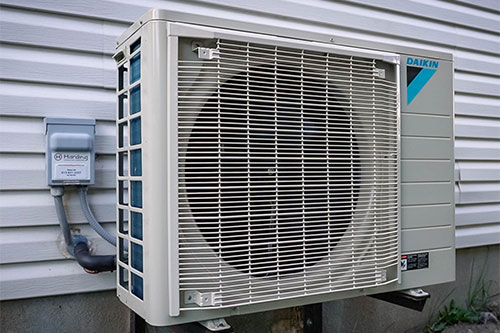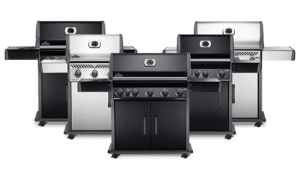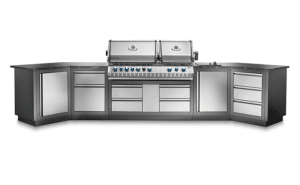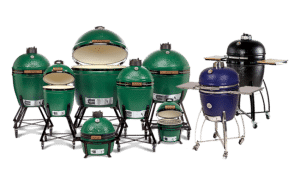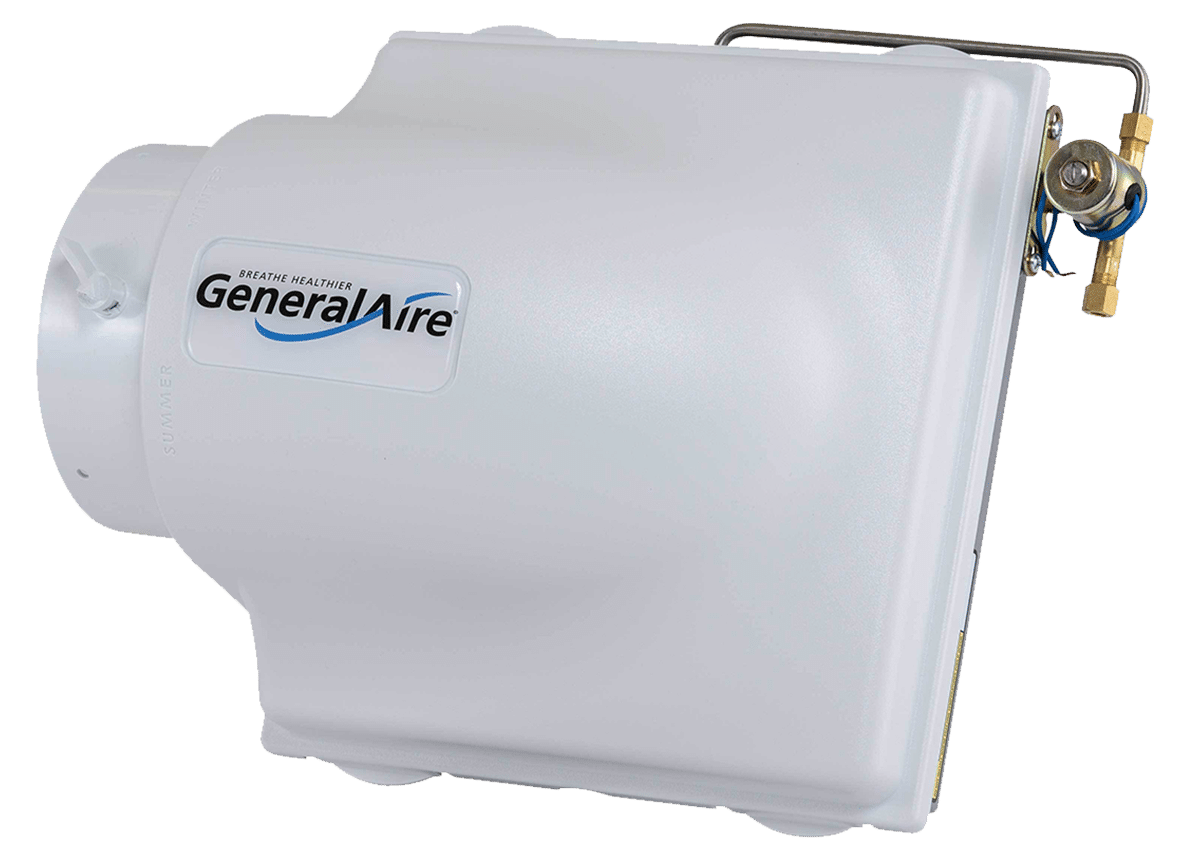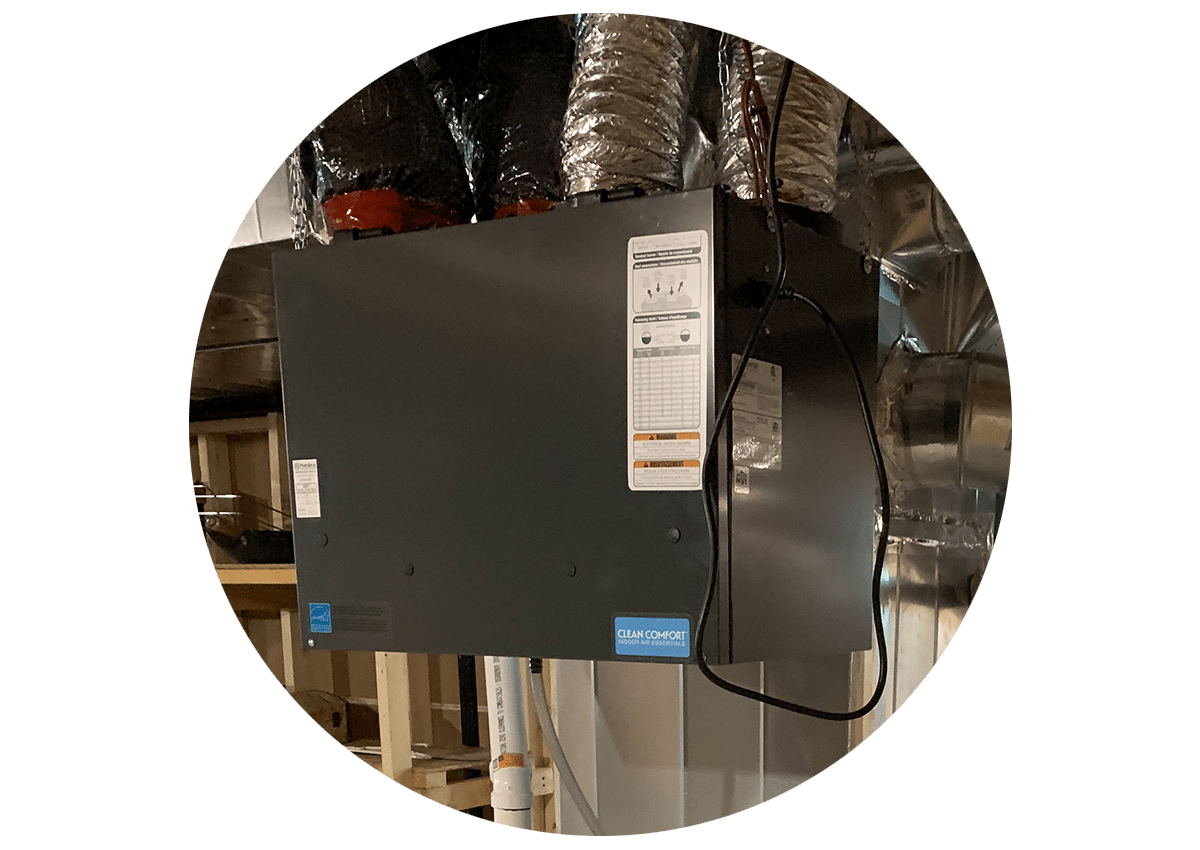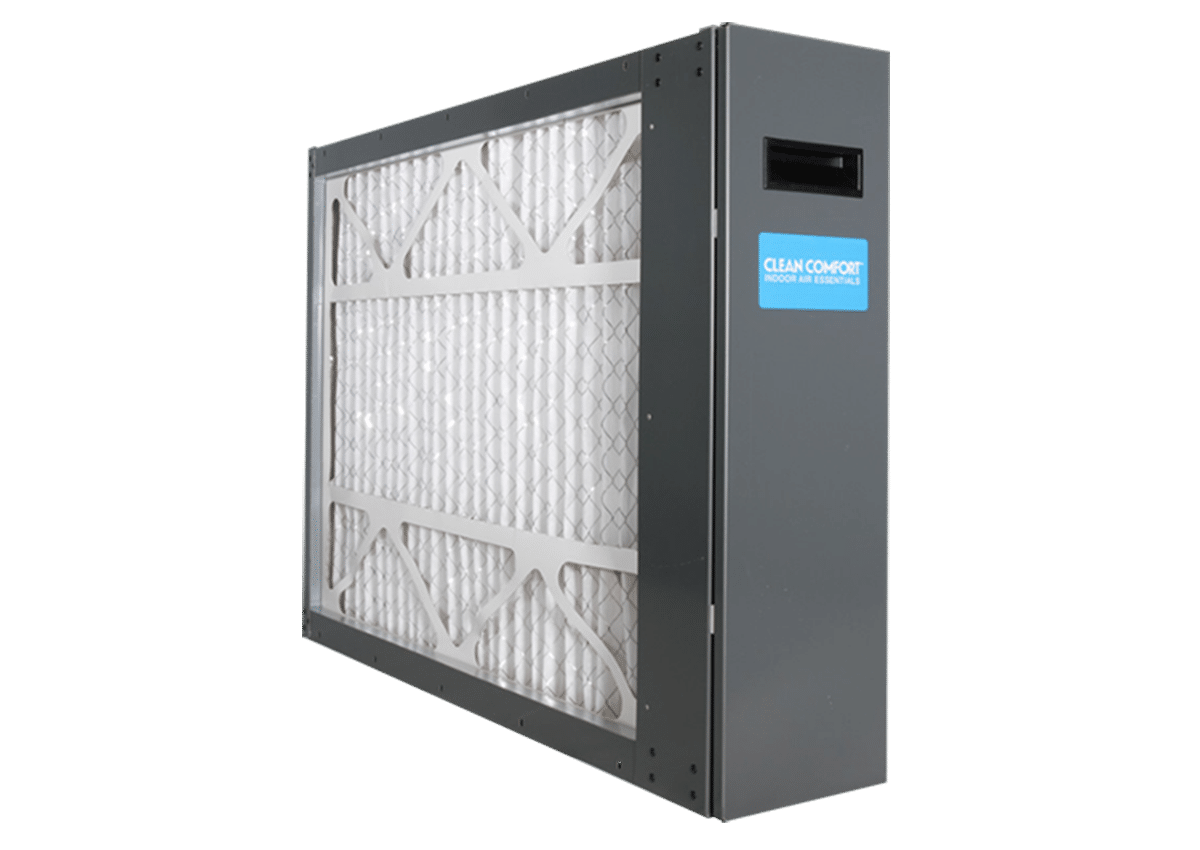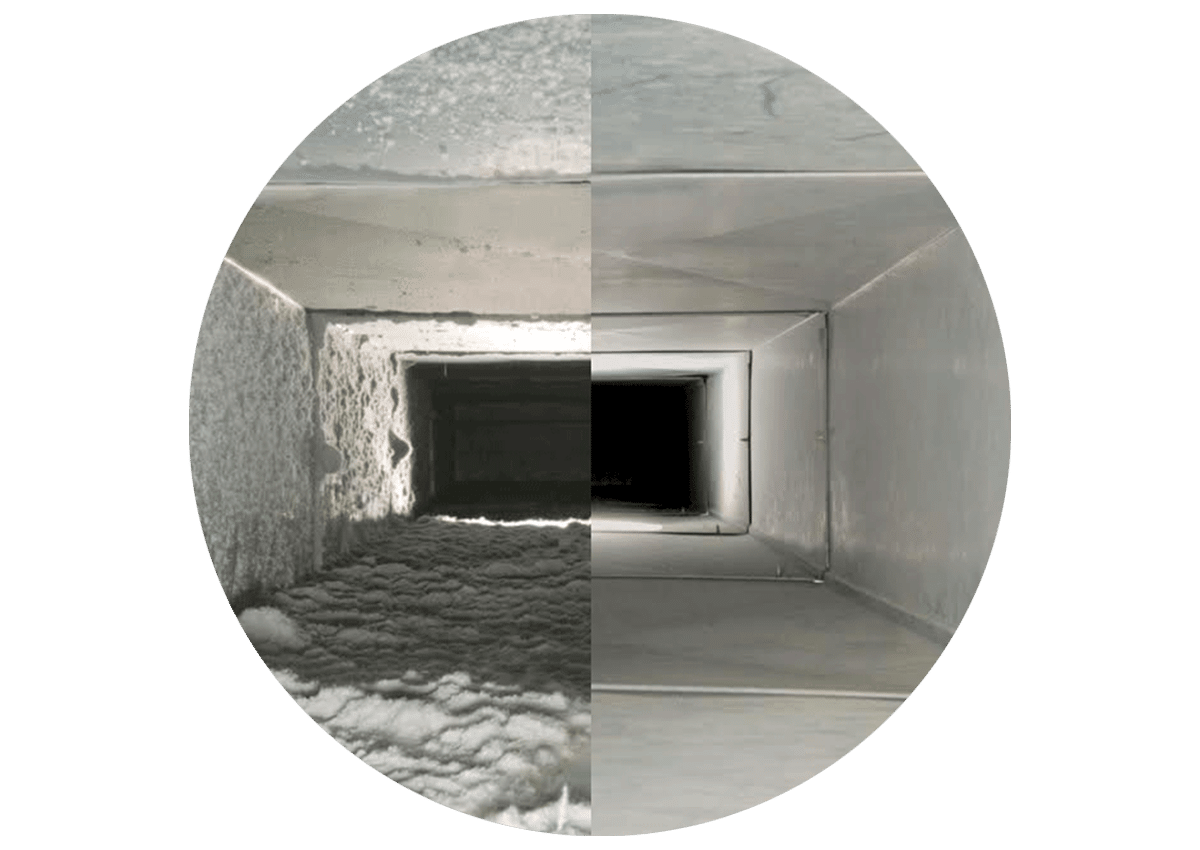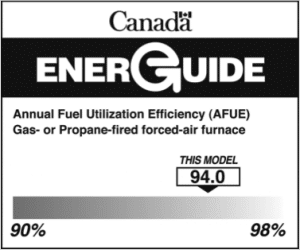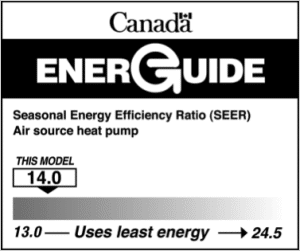Your home’s efficiency depends a lot on your home comfort systems. As you may very well know, an HVAC system is capable of using a lot of energy, so it’s important that we all try to keep them as energy efficient as possible. Understanding how efficient parts of your system are according to the HVAC ratings they’re given is critical to helping you make decisions down the line.
You’ll be able to determine the value of repairs vs. replacements, and even be able to understand how efficient new systems are when choosing the best fit for your home. There are 4 HVAC ratings to determine efficiency that every homeowner should know:
Annual Fuel Utilization Efficiency “AFUE”
This rating will let you know the fuel efficiency of your furnace. But keep in mind that it doesn’t count the electrical energy needed to run parts of the unit, like the fan, pump, or controls. You can find the AFUE rating on your furnace’s EnerGuide label – the higher the value the more fuel efficient the furnace.
British Thermal Unit “BTU”
A unit of measurement that is almost universally used to measure the heating and cooling ability of your HVAC equipment. This measurement is calculated by determining how much heat is required to raise 1 pound of water by 1 degree Fahrenheit.
Minimum Efficiency Reporting Value “MERV”
This value rates the effectiveness of air filters. It’s found by measuring the size of particles your filter removes from the air compared to the number of particles. For instance, most residential homes are in need of an air filter that efficiently removes mold spores, dust, pet dander, and other small particle pollutants. The higher the MERV rating, the fewer particles can pass through. Most residential homes require a rating of 8-11 but a higher one may be needed in cases of family members who suffer from allergies.
Seasonal Energy Efficiency Rating “SEER”
Although SEER is the value used to measure your air conditioner efficiency (and summer has well passed), it’s still incredibly important and one of the HVAC ratings homeowners should know. SEER stands for Seasonal Energy Efficiency Ratio and is found by dividing the total cooling output in an average cooling season by the total electrical output in the same time period. The higher the SEER rating, the higher the efficiency of your air conditioner.





